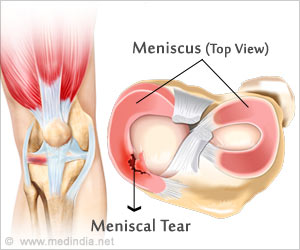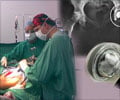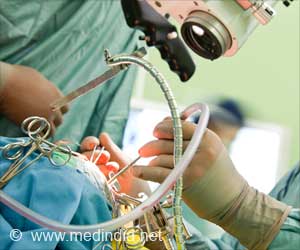ACL repair surgery is often delayed by 90 days in young patients whose parents prefer a language other than English.
- Children who suffer an ACL injury must undergo surgery as soon as possible. Delaying the surgery can cause additional and permanent knee injury
- Teenagers whose parents speak a language other than English as their primary language are at double risk of postponed surgery
- Orthopaedic surgery departments should offer unbiased care to children whose parents speak a language other than English
What are ACL Tears and How are they Treated?
ACL tears are painful and can lead to permanent disability if left untreated. Most surgeons agree that the tear should be operated within a month or two of the accident if it is necessary, which is typically the case for young athletes. Longer delays could cause additional and permanent knee injury.Sports medicine expert Neeraj M. Patel and colleagues examined 543 young patients who underwent ACL surgery at the Ann and Robert H. Lurie Children's Hospital in Chicago. The average patient age was 16. There were even number of both boys and girls.
The patients with parents who spoke a language other than English were twice as likely to have surgery more than 90 days after the accident. This disparity persisted even if the researchers considered the insurance status.
Tips to Orthopaedic Surgery Departments on Counselling Parents
Orthopaedic surgery departments should offer equal care to kids and teenagers whose parents speak a language other than English. Some of the tactics they advise are:1. A greater need for healthcare workers who are bilingual
2. Arranging for improved interpreter availability,
3. By making health information readily available in the dialects spoken by the neighbourhood,
4. Collaborating with medical practises, community groups and educational institutions to promote awareness of ACL injuries, speed up diagnosis and treatment, and
5. Teaching medical staff how to make sure that families are aware of the treatment options for ACL injuries and actively participate in the treatment choice.
“Patel and his colleagues do a great job identifying the role of community partnership and patient education in their discussion of findings. Where we need to improve is identifying the specific barriers to care that affect individuals of specific communities with a shared lived experience,” said Kwadwo Adu Owusu-Akyaw, MD, a sports medicine specialist at OrthoVirginia in Richmond, VA.










